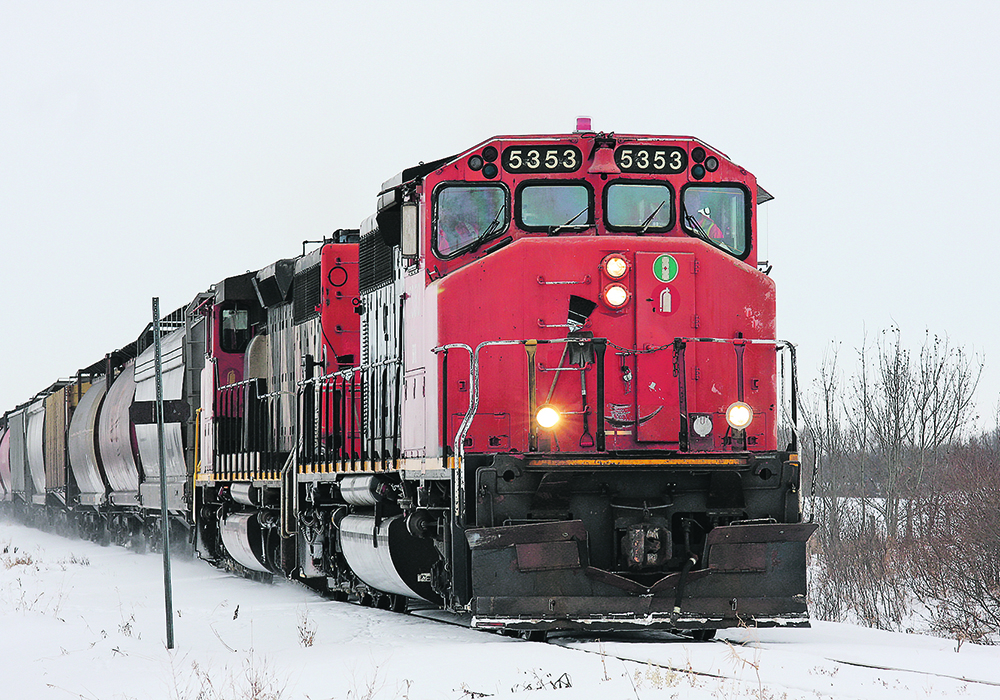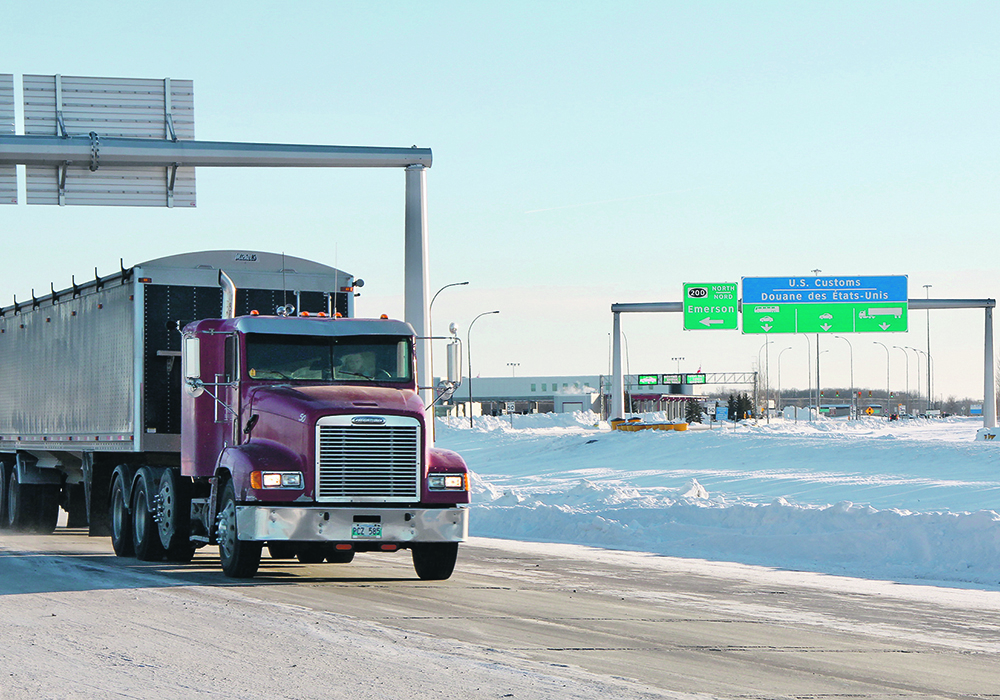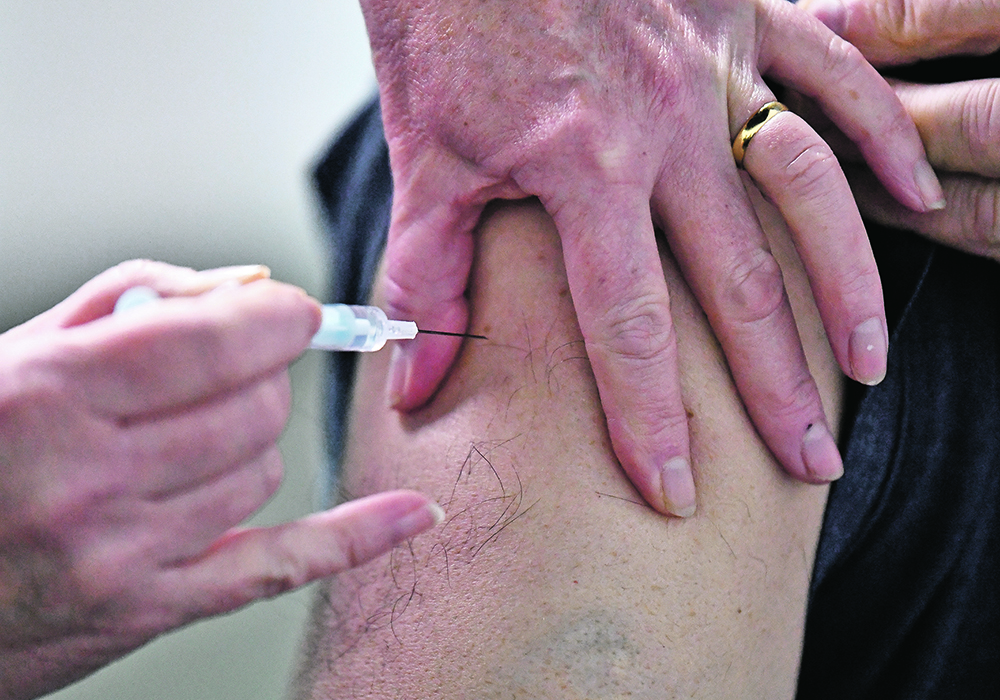It’s been more than three months since the COVID-19 pandemic turned life upside down. From coast to coast to coast, municipal leaders are working flat-out to protect people and businesses, all while keeping essential services running.
In communities big and small, local leaders are taking extraordinary steps to keep people safe —turning arenas into shelters, setting up home delivery services for elderly residents, and making face shields for frontline health workers.
But municipalities of all sizes face financial crisis. Unanticipated costs are rising. Key revenue sources like tourism have disappeared. Property taxes and user fees aren’t coming in. Yet we can’t run deficits.
Read Also

Proactive approach best bet with looming catastrophes
The Pan-Canadian Action Plan on African swine fever has been developed to avoid the worst case scenario — a total loss ofmarket access.
In rural communities like mine, more seniors and fewer resources make the job of protecting our most vulnerable even harder.
In April, the Federation of Canadian Municipalities released a report showing that municipalities nationwide face a near-term gap of $10-$15 billion due to the pandemic. That’s a staggering amount that town and city councils — and the people we serve — simply cannot bear.
That’s why municipal leaders are appealing to other orders of government for emergency operating funding. Through FCM, we’re calling for urgent support for communities of all sizes so we can keep frontline services running strong — and be ready to drive Canada’s recovery.
Simply put: without emergency funding, municipalities are out of acceptable options. This is no time to cut back the critical local services Canadians depend on — from fire and ambulance services when people need help, to garbage collection and clean water that underpin our quality of life.
As well, shelving infrastructure projects to make up for losses would undermine Canada’s recovery.
Canadians need all governments to put aside jurisdictional wrangling and work together on this now — with bold federal leadership and significant provincial collaboration.
In recent weeks, we’ve seen business leaders support our call for emergency funding. They understand that there can be no economic recovery without supporting municipalities out of this crisis.
The fact is, Canada will need strong municipalities to help get this country back on its feet. As the governments closest to daily life, our frontline expertise will be essential in assessing local needs and delivering stimulus funding on the ground — to create jobs, support businesses and get the economy moving.
That’s just as true for rural communities as it is for urban centres.
Rural Canada drives nearly one-third of this country’s gross domestic product. It’s home to vital industries such as agriculture, forestry and manufacturing. Rural communities have long been central to Canada’s well-being, so any recovery plan must have a strong rural lens.
FCM and its rural forum are engaging with our federal partners on what that could look like — from growing the proven Gas Tax Fund transfer that supports thousands of job-creating infrastructure projects each year, to closing Canada’s rural broadband internet gap so every community has the tools to thrive.
COVID-19 has given us all a real opportunity to pause, to see what matters to us as Canadians — and to come back stronger than ever. Together we can build a more prosperous, connected and resilient country in communities of all sizes.
Municipal leaders stand ready to work as partners to build that future, just as we always have. But the first step needs to be getting communities the urgent support we need.
Ray Orb is chair of the Federation of Canadian Municipalities’ Rural Forum.

















